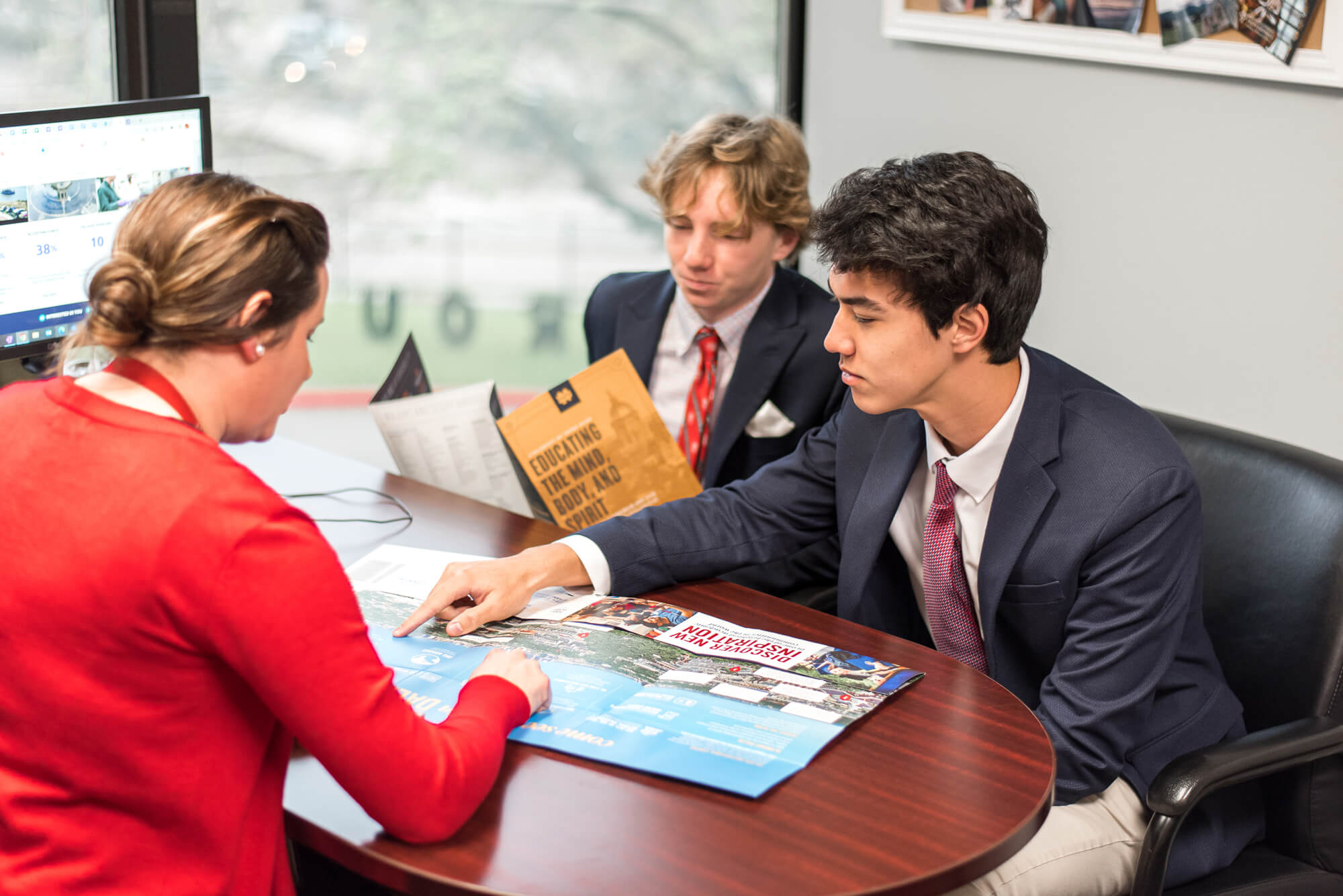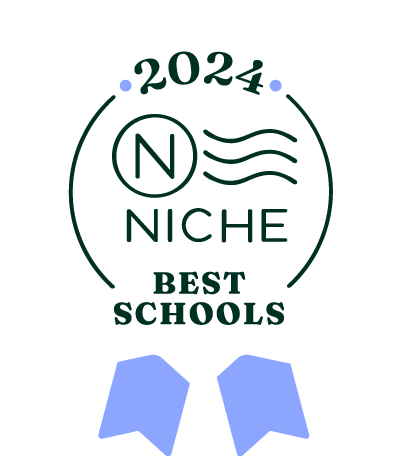A Systematic Approach to Academic Goal-Setting
Today, students and their families are realizing the importance of individual academic planning throughout the high school years when charting a course toward a preferred college. Academic planning not only helps students navigate their educational journey, but also allows them to maximize their school experience by choosing their preferred academic subjects and most fulfilling extracurricular activities. Planning also sets them up for success post-high school – with skills applicable to achieving all of life’s short- and long-term goals.
“Knowing when to start preparing yourself for the epic journey that is the college admissions process is important. In general, the earlier you can get started in the process the better it will be for you. Your preparation for college and to get the best scores on your standardized admissions tests should be continuous, starting from the beginning of your freshman year until you graduate from high school.” – goingivy.com
Academic planning makes sense for several reasons:
- Setting Goals: Academic planning helps students set realistic goals related to grades, extracurricular activities, standardized tests, and college or career aspirations.
- Exploring Opportunities: By carefully selecting courses, extracurricular activities, and other educational experiences, students can ensure they’re exposing themselves to a diverse range of opportunities that align with their interests and goals.
- College and Career Readiness: By planning ahead, students can ensure they’re meeting the necessary requirements for college admissions, exploring potential career paths, and developing the skills and experiences that will make them competitive applicants.
- Time Management: By mapping out their coursework, extracurricular activities, and other commitments, students can learn how to effectively balance their responsibilities and make the most of their time.
- Reduced Stress: Knowing what courses they need to take, what milestones they need to achieve, and what resources are available to support them can provide a sense of structure and control, reducing stress and anxiety.
Let’s Make A Plan
Preparing for college in high school involves careful planning and strategic decision-making for students and their families starting freshman year. Here are some year-by-year suggestions to help you map out an effective plan:
FRESHMAN YEAR
Academic Foundation:
- Focus on building a strong academic foundation by taking challenging courses.
- Establish good study habits and time management skills.
- Create a draft of a four-year academic plan illustrating your vision for your future from year to year.
Extracurricular Activities:
- Explore various extracurricular activities to discover your interests.
- Join clubs, sports, or volunteer organizations to develop leadership skills.
Build Relationships:
- Cultivate positive relationships with teachers and counselors, as they can provide valuable recommendations later on.
Explore College and Career Options:
- Attend college fairs or career expos to learn about different colleges and potential career paths.
- Complete a YouScience assessment.
- Thousands of schools in the United States use YouScience as a tool to uncover individual student aptitudes and connect those aptitudes to careers and educational pathways that are logical and relevant.
- Students who understand their aptitudes are empowered. They find relevance and a meaningful direction in school and beyond.
SOPHOMORE YEAR
Course Selection:
- Continue taking rigorous courses and consider advanced placement (AP) or advanced classes.
Extracurricular Involvement:
- Narrow down your extracurricular activities and take on leadership positions.
- Explore activities related to your potential college major or career interest.
Standardized Testing:
- Become familiar with high-stakes testing, starting with the PSAT.
- Some schools offer free test prep or program designed around being prepared for the PSAT, which will have an impact on future scholarships or SAT/ACT prep.
- Research test dates and begin preparing for the exams.
- Many schools partner with Ray Dass, an education solutions provider offering award-winning college-readiness programs, test prep, AP Exam reviews, and supplemental math programs to meet students’ varied needs in today’s educational landscape.
College Visits:
- It’s not too early to start visiting different college campuses to get a feel for the environment. Take advantage of colleges that visit high school campuses.
JUNIOR YEAR
Academic Performance:
- Maintain a strong GPA and continue taking challenging courses.
- Consider dual enrollment or college courses if available.
- Seek out internships in the academic areas in which you are interested.
Standardized Testing:
- Take the SAT/ACT in the spring or early summer.
College Research:
- Create a list of potential colleges based on academic programs, location, and other preferences using Naviance.
- Attend college fairs and information sessions.
Resume Building:
- Update your resume with academic achievements, extracurricular activities, and volunteer work.
Recommendation Letters:
- Request recommendation letters from teachers or counselors well in advance.
SENIOR YEAR
College Applications:
- Begin the college application process early and pay attention to deadlines.
- Write a compelling personal statement or essay.
Finalize College List:
- Narrow down your list of colleges and consider factors like cost, location, and campus culture.
- If you have excellent grades, scores and an excellent resume, consider applying early decision to the colleges of your choice.
Financial Aid and Scholarships:
- Research financial aid options and apply for scholarships.
- Complete the Free Application for Federal Student Aid (FAFSA).
Post-Application Tasks:
- Keep track of application submissions and follow up on any additional requirements.
- Continue to excel academically during your senior year.
Take Advantage of Your School’s Counseling Services
Make sure to access your school’s resources that support academic achievement, personal growth and college admissions throughout all four years. They have specially trained counselors who are invested in your success.
For example, at St. Thomas High School in Houston, Texas, an all-boys college prep school and the oldest college preparatory high school for young men in the State of Texas, the Counseling staff takes a collaborative, student-centered approach to providing individual and small group guidance. The goal of the Counseling staff is to advocate for their students and provide them with the tools necessary to reach their academic and personal goals.
In fact, St. Thomas offers a proprietary four-year college counseling plan that you can view here.








